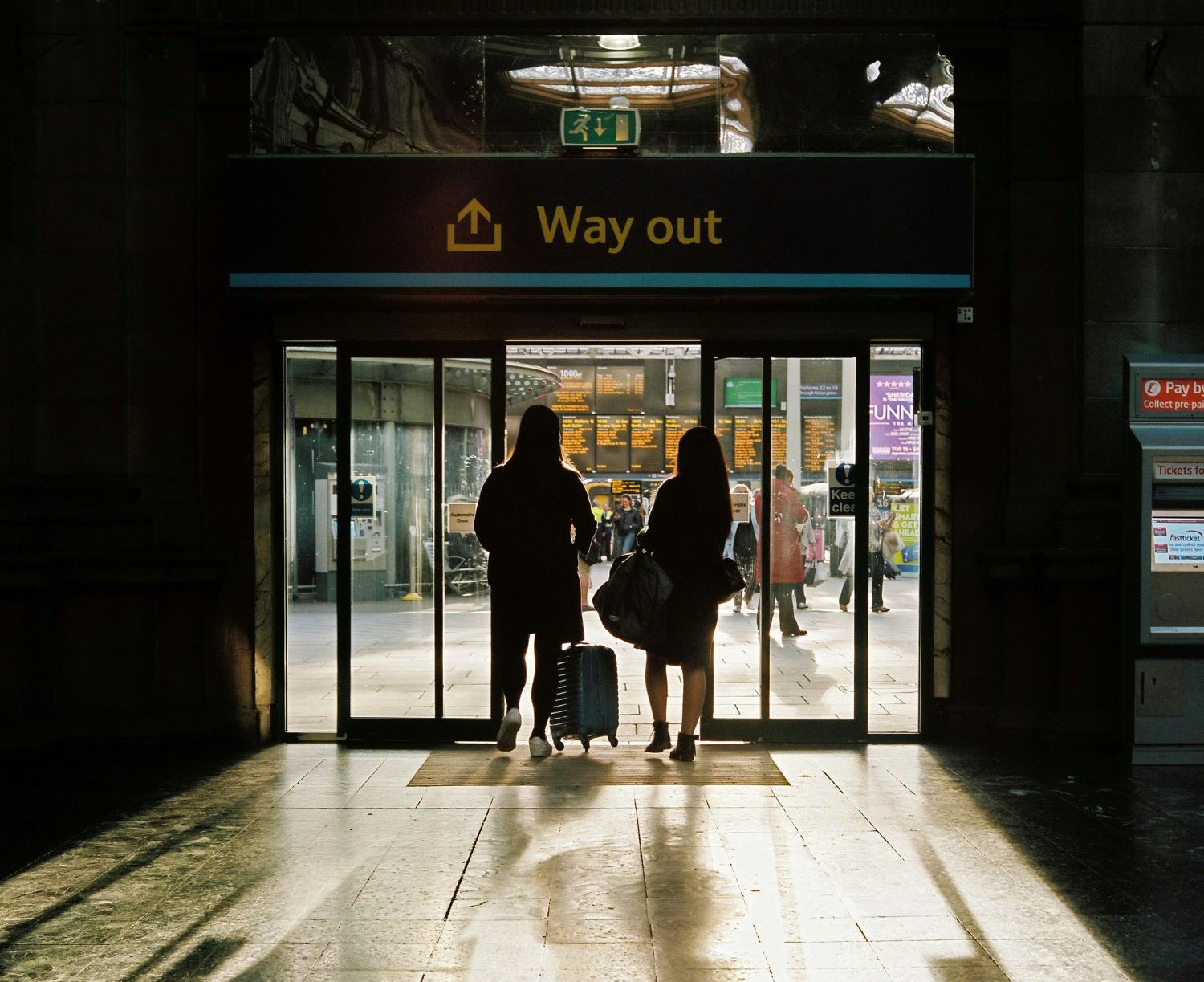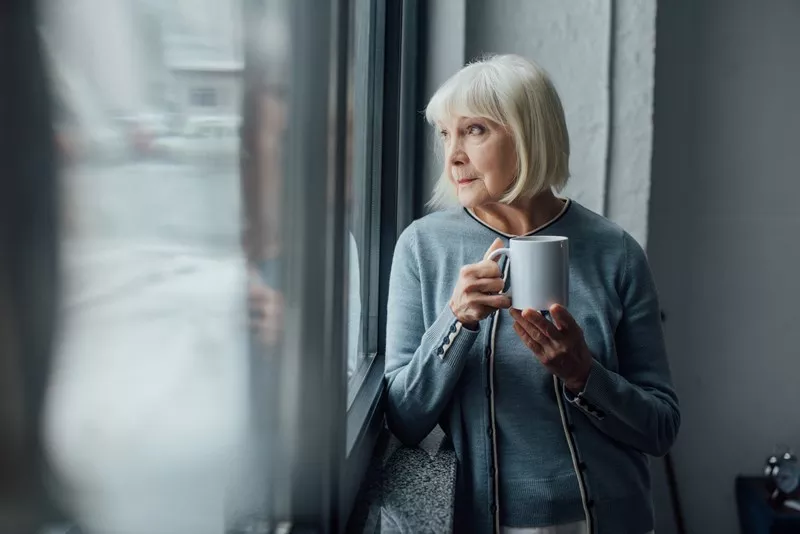Auckland is currently in COVID-19 Alert Level 4 with the rest of New Zealand currently at COVID-19 Alert Level 3. Many families/whānau with children in shared care / “custody” arrangements will have questions about how contact will work during Alert Level 3 and 4.
Urgent situations where the safety/wellbeing of you or your child is at risk
As an essential service, the Family Court will continue to operate during all Alert Levels, but on a reduced capacity level, with priority given to urgent matters such as protection orders and parenting orders where children’s immediate safety is at risk.
We can assist with issues as they arise and can make Family Court applications on your behalf in urgent situations, such as family violence, separations or unjustified refusal of contact, at all Alert Levels. Please do not hesitate to contact us if this is your situation, and we will assist you with urgency and sensitivity.
General advice for parenting arrangements during Alert Level 4
At Alert Level 4, shared care/contact arrangements for tamariki/children can continue where:
- The two homes must be in the same or neighbouring territorial authorities (your local city council or district council area) – you can access maps showing the territorial authority boundaries at the Local Government New Zealand(external link) website;
- The tamariki/children are only going between 2 homes; and
- The parents/caregivers have a “shared bubble” arrangement between the 2 homes. The shared bubble can only include 2 households at most. An arrangement with more than 2 households creates a risk of spreading COVID-19.
- If your shared care arrangement usually involves 3 or more households, all parties will need to consult and make adjustments to arrangements to limit the transmission of COVID-19. This may mean some contact needs to stop during Alert Level 4.
To keep you and your family/whānau safe:
- Maintain 2 metres social distance when meeting parents/caregivers from the other household for changeover;
- Only travel if you need to, and keep a copy of your parenting order/agreement with you (if you have one) in order to explain your travel if stopped by Police;
- Tamariki/children should be accompanied by a parent in their shared bubble at changeover;
- Use private vehicles where possible, and only use public transport if there is no other option;
- If your tamariki/children cannot have face to face contact with their other parent/caregiver then it is important to let them maintain regular contact via other means like WhatsApp, FaceTime or phone calls.
Do not travel to change over care of your tamariki/children if:
- one of the children, or somebody in the home, is feeling unwell;
- one of the children, or someone in either home has been in close contact with a person who has, or is, currently being tested for COVID-19 or a person who has visited a location of interest at the same time as an active COVID-19 case (locations are regularly updated on the Ministry of Health website).
General advice for parenting arrangements during Alert Level 3
At Alert Level 3, shared care/contact arrangements for tamariki/children can generally continue as normal.
It remains important that the parents/caregivers have a “shared bubble” arrangement between a maximum of 2 households and that all of the other safety protocols listed above are followed.
What happens if parents/caregivers live in areas that are different Alert Levels?
Where one parent/caregiver lives in an area in Alert Level 4 (currently, only Auckland), another parent/caregiver living outside Auckland can travel across the boundary into Alert Level 4 for the purposes of a shared care arrangement if:
- the two households that the tamariki/children are travelling between are in a shared bubble arrangement; and
- the household in Alert Level 3 is not part of an extended bubble arrangement.
If travelling across the boundary between Alert Levels, you should bring a signed copy of your parenting agreement or a copy of the parenting order directing the shared care arrangement with you if possible. The driver must carry their driver’s license and everyone in the vehicle should carry photo identification unless it is not reasonably practicable to do so such as minors who do not have any photo identification.
Further information
The above information is intended as general advice only. As all circumstances are unique, if you require any specific advice for your own situation, Holland Beckett Law’s family law team remain available during all Alert Levels and are happy to assist.
For more general information, we suggest you visit:
Shared custody and childcare | Unite against COVID-19 (covid19.govt.nz)
https://www.justice.govt.nz/about/news-and-media/covid-19-news/guidance-for-managing-shared-custody/
For advice on your own specific circumstances please contact one of our specialist family lawyers – you can find our team and their contact details here: Family Law | Family Lawyers Tauranga | Holland Beckett Tauranga (hobec.co.nz)



